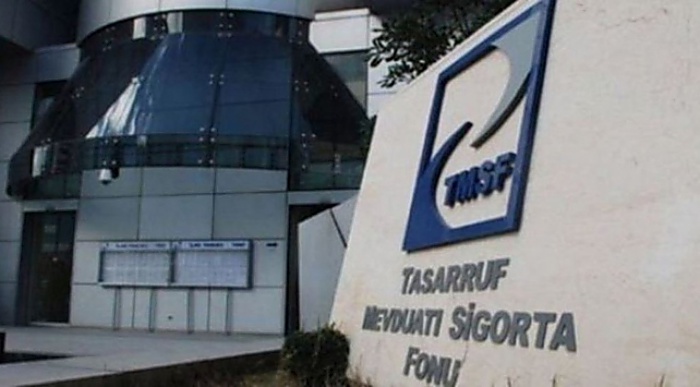Turkey recently granted immunity from prosecution to trustees who were appointed to replace the boards of directors of 682 companies that were seized by the Justice and Development Party (AKP) government over their alleged links to the Gülen movement following a coup attempt in 2016, according to a report by the Karar daily.
The legal, financial and criminal liability of trustees appointed by Turkey’s Savings Deposit Insurance Fund (TMSF) to manage companies seized during a state of emergency that followed the coup attempt was removed, Karar said, citing a tweet by Prof. Dr. İzzet Özgenç, involved with drafting the Turkish Penal Code and a leading member of the Turkish Academy of Sciences (TÜBA) since 2012.
Saying that the trustees were granted immunity from prosecution under Article 17 of Law No. 7407, which was published in the Official Gazette on May 26, Özgenç sarcastically added, “[That’s] ‘good news’ for the Turkish nation!!!”
Olağanüstü hal sürecinde elkonulan şirketleri yönetmek üzere TMSF tarafından görevlendirilen kişilerin HUKUKÎ, MALÎ ve CEZAÎ SORUMLULUKLARI KALDIRILMIŞTIR (Bkz. 26.5.2022 tarihli ve 7407 sayılı Kanun, m. 17).
Türk Milletine "müjdeler" olsun!!!
— İzzet Özgenç (@izzetoezgenc) June 24, 2022
Turkey, which in 2016 had already granted officials immunity from prosecution for their actions taken to suppress the coup, extended that immunity to the trustees appointed to 682 companies seized during the state of emergency with the decree issued in late May, according to Karar.
The law comes after main opposition Republican People’s Party (CHP) lawmaker Çetin Arık revealed earlier this month that Ertunç Laçinel, a trustee who was appointed to run Erciyes Anadolu Holding — previously called Boydak Holding — disappeared with 20 million euros.
Journalist Metin Cihan also revealed on social media how AKP Deputy Chairman Nurettin Canikli, a former minister, squandered the funds of companies transferred to the TMSF after the coup attempt, claiming that he had appointed one of his advisors to Akın Çorap, one of the country’s leading socks producers.
The ruling AKP and its ally, the far-right Nationalist Movement Party (MHP), previously rejected a motion to investigate allegations against the companies seized after the 2016 coup attempt and are currently being run by trustees.
With the law, board members and executives appointed to the seized companies, mostly members of the ruling party, former lawmakers or bureaucrats close to the government, will be exempt from liability for corruption and misconduct even if cases are concluded in favor of former owners who claim that their companies suffered losses while they were managed by the TMSF.
Ankara deems the faith-based movement inspired by Muslim preacher Fethullah Gülen a terrorist organization and accuses Gülen as well as members of his movement of masterminding the coup attempt. Gülen and the movement strongly deny involvement in the abortive putsch or any terrorist activity.
Turkish President Recep Tayyip Erdoğan declared a state of emergency on July 20, 2016, days after a coup attempt against his government. More than 130,000 civil servants, including academics, teachers, diplomats and police officers, were dismissed from their jobs for alleged membership in or relationships with “terrorist organizations” by emergency decree-laws issued by the AKP government during the two-year state of emergency, which ended on July 17, 2018.
Most dismissed civil servants are accused of links to the Gülen movement, but there were many others who belonged to other opposition groups.
The government also seized schools, universities, media outlets, companies and buildings and the assets of individuals, corporations and organizations that were believed to have ties to the Gülen movement.



